The important lesson of Ross Douthat's medical memoir

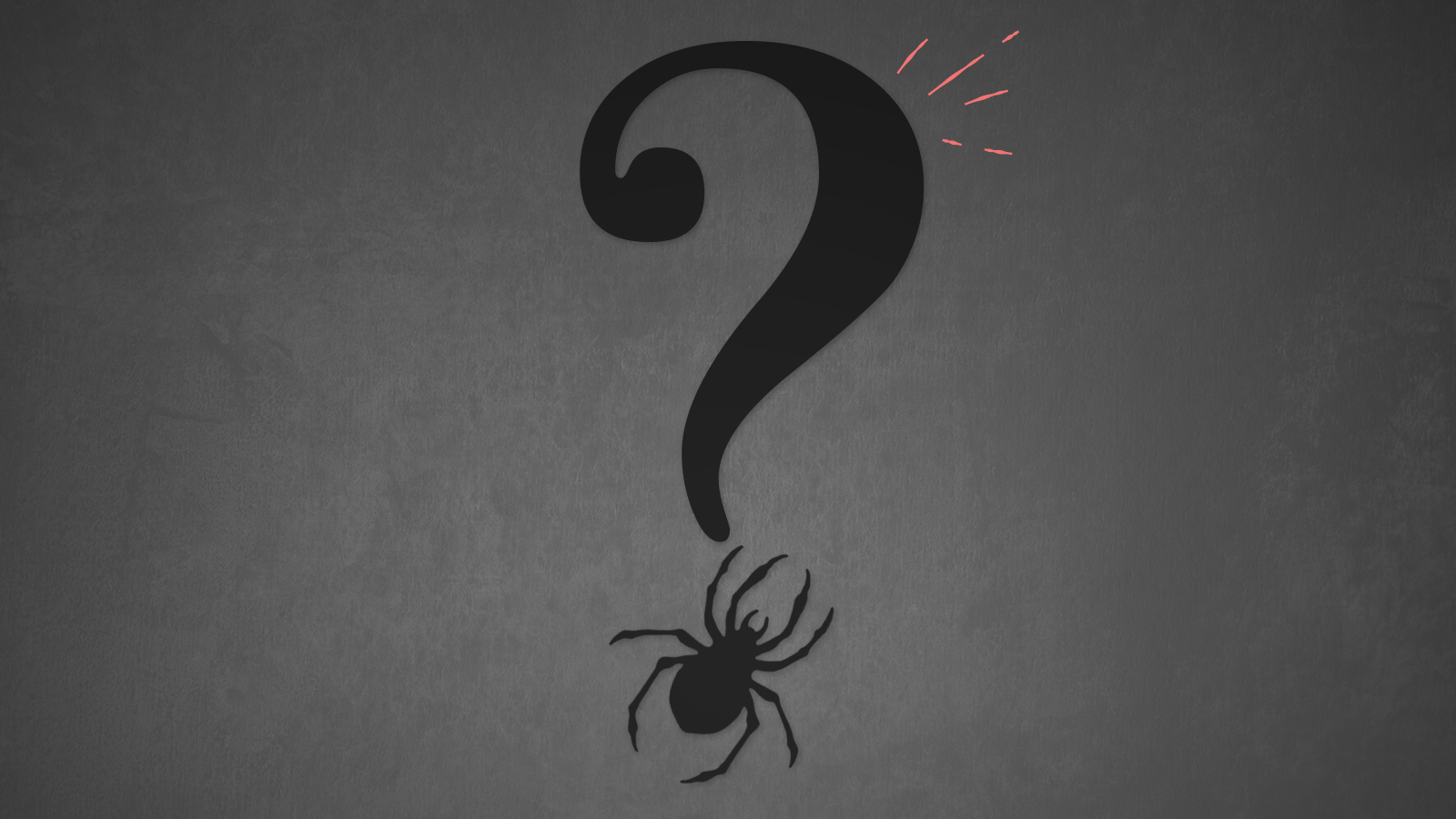
A free daily email with the biggest news stories of the day – and the best features from TheWeek.com
You are now subscribed
Your newsletter sign-up was successful
In his new book, The Deep Places: A Memoir of Illness and Discovery, Ross Douthat of The New York Times tells a gripping story of his multi-year struggle with chronic Lyme disease, an ailment many doctors don't think is real. Published Tuesday, the book is beautifully written and bracingly honest, which means Douthat faces questions about the reality of chronic Lyme head on. The result is a memoir that raises important, far-reaching questions about much more than the author's own substantial and prolonged experience of suffering. Douthat ends up placing nothing less than the character of medical knowledge itself on the examination table.
When you're sick, how do you know it? Sometimes we go in for a routine appointment and the physical exam or a test reveals a previously unknown illness. But more often, we seek out a doctor when we have symptoms. We feel sick or notice a problem somewhere in our body. Our description of those symptoms, often combined with laboratory tests, reveal an illness, which points in turn to an established treatment regimen.
Douthat's story doesn't work that way. It starts with symptoms — but then goes off the rails. His tests for Lyme disease were inconclusive, so the standard treatment was initially delayed, then halted early after the drugs accentuated his symptoms in an alarming way. What followed was a long, agonizing struggle with years of persistent, wide-ranging symptoms treated by numerous unorthodox doctors and caregivers and even Douthat himself, with lots of trial and error.
The Week
Escape your echo chamber. Get the facts behind the news, plus analysis from multiple perspectives.

Sign up for The Week's Free Newsletters
From our morning news briefing to a weekly Good News Newsletter, get the best of The Week delivered directly to your inbox.
From our morning news briefing to a weekly Good News Newsletter, get the best of The Week delivered directly to your inbox.
The medical establishment approves of none of this. Most doctors deny chronic Lyme is a real illness because the lion's share of those afflicted with Lyme recover much more quickly and easily. Hardly any doctors at all would sign off on the kind of antibiotic megadosing with which Douthat eventually experiments, let alone the many forms of alternative medicine he tries out of desperation.
So is Douthat suffering from a kind of psychosomatic malady and foolishly falling for medical quackery? At least one early reviewer appears to think so, and I expect there will be others. But it's also possible Lyme disease is an illness that, like syphilis and perhaps long COVID, presents very differently in extended cases for reasons we don't fully understand, varying from person to person. Or perhaps, like leprosy, it is sometimes highly resistant to treatment.
Such diseases are a problem for modern medicine because of its tendency to take a scientistic form, seeking uniform diagnoses and treatments across patient populations. The presumption that illnesses will present consistently helps contribute to medical advances. But what if sometimes a more purely empirical approach — one that takes the subjective experience of lingering symptoms more seriously — is called for?
Is that the case with chronic Lyme disease? I can't say for sure. All I can say is that Douthat makes a compelling case in The Deep Places that medical reality is sometimes more complex than modern medicine will allow.
A free daily email with the biggest news stories of the day – and the best features from TheWeek.com
Damon Linker is a senior correspondent at TheWeek.com. He is also a former contributing editor at The New Republic and the author of The Theocons and The Religious Test.
-
 5 cinematic cartoons about Bezos betting big on 'Melania'
5 cinematic cartoons about Bezos betting big on 'Melania'Cartoons Artists take on a girlboss, a fetching newspaper, and more
-
 The fall of the generals: China’s military purge
The fall of the generals: China’s military purgeIn the Spotlight Xi Jinping’s extraordinary removal of senior general proves that no-one is safe from anti-corruption drive that has investigated millions
-
 Why the Gorton and Denton by-election is a ‘Frankenstein’s monster’
Why the Gorton and Denton by-election is a ‘Frankenstein’s monster’Talking Point Reform and the Greens have the Labour seat in their sights, but the constituency’s complex demographics make messaging tricky
-
 Cautious optimism surrounds plans for the world's first nuclear fusion power plant
Cautious optimism surrounds plans for the world's first nuclear fusion power plantTalking Point Some in the industry feel that the plant will face many challenges
-
 'New denial': There's a shift in climate denialism on YouTube
'New denial': There's a shift in climate denialism on YouTubeTalking Points This new era of misinformation is circumventing the platform's climate change policy
-
 The soul of a machine
The soul of a machineTalking Point Will artificial intelligence ever be conscious?
-
 Climate change is coming for the world's poles
Climate change is coming for the world's polesTalking Point
-
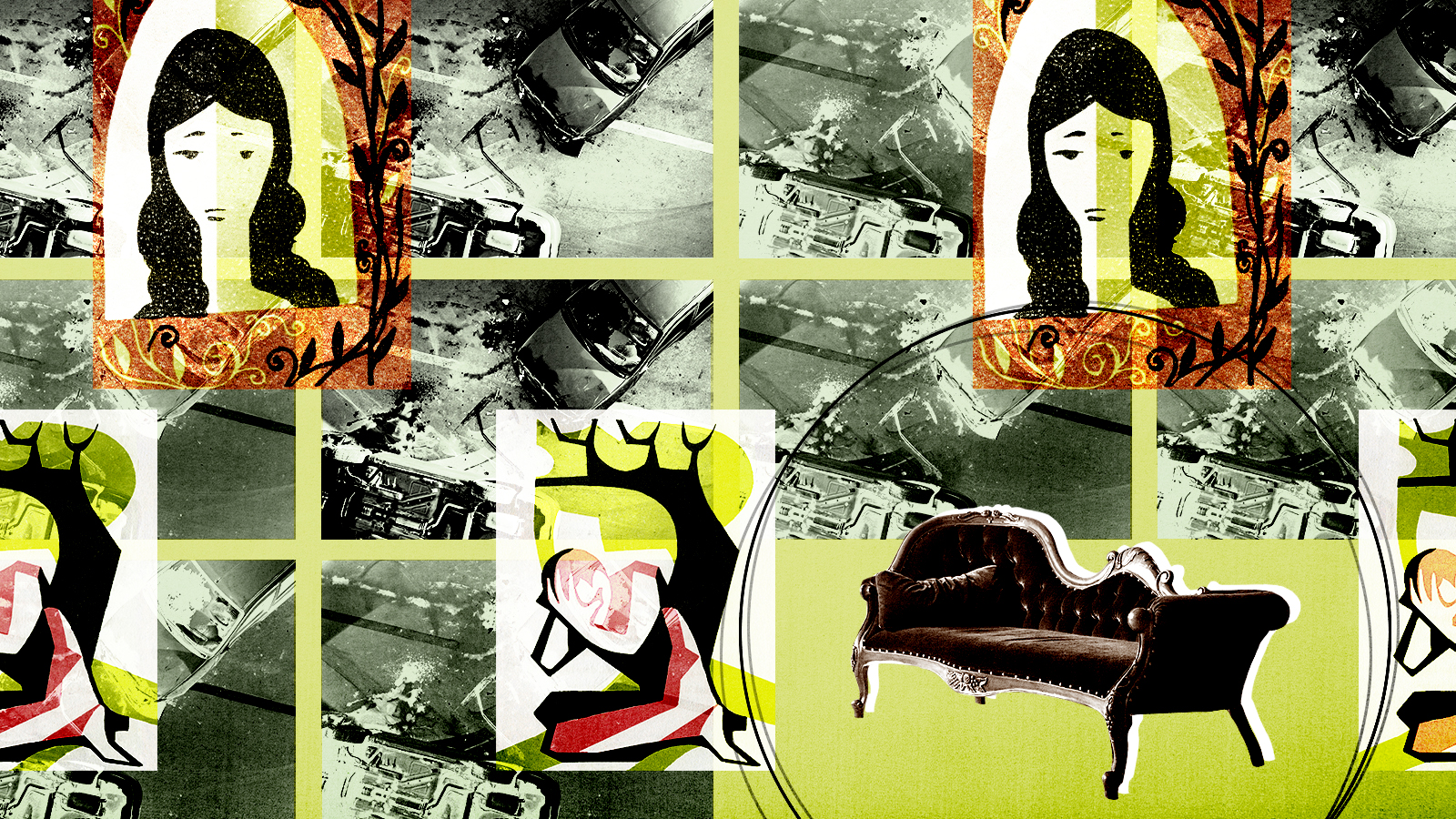 What if 'trauma' isn't real?
What if 'trauma' isn't real?Talking Point
-
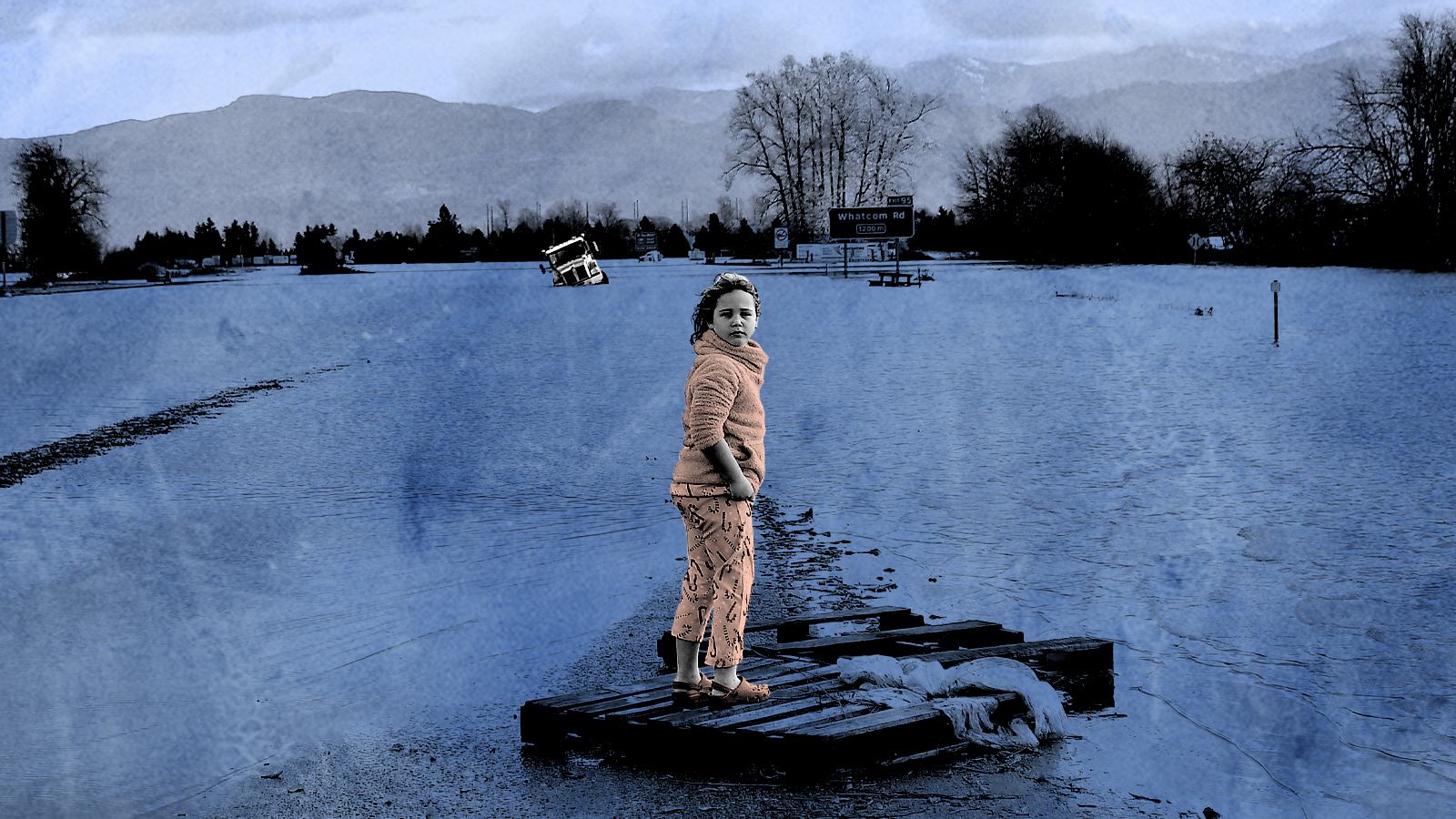 The chaos on Canada's west coast is a preview of climate change woes to come
The chaos on Canada's west coast is a preview of climate change woes to comeTalking Point
-
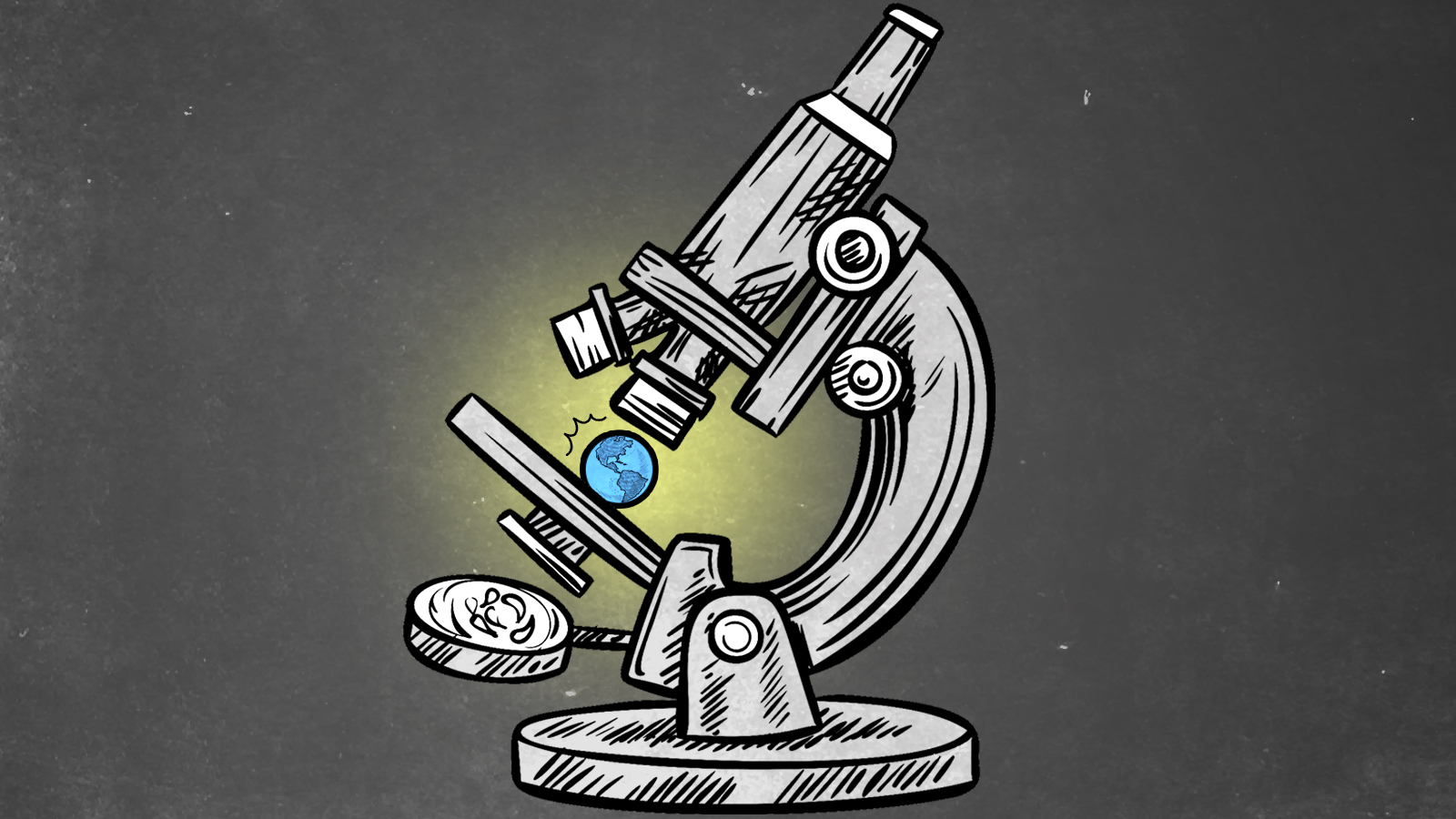 Will science save us?
Will science save us?Talking Point
-
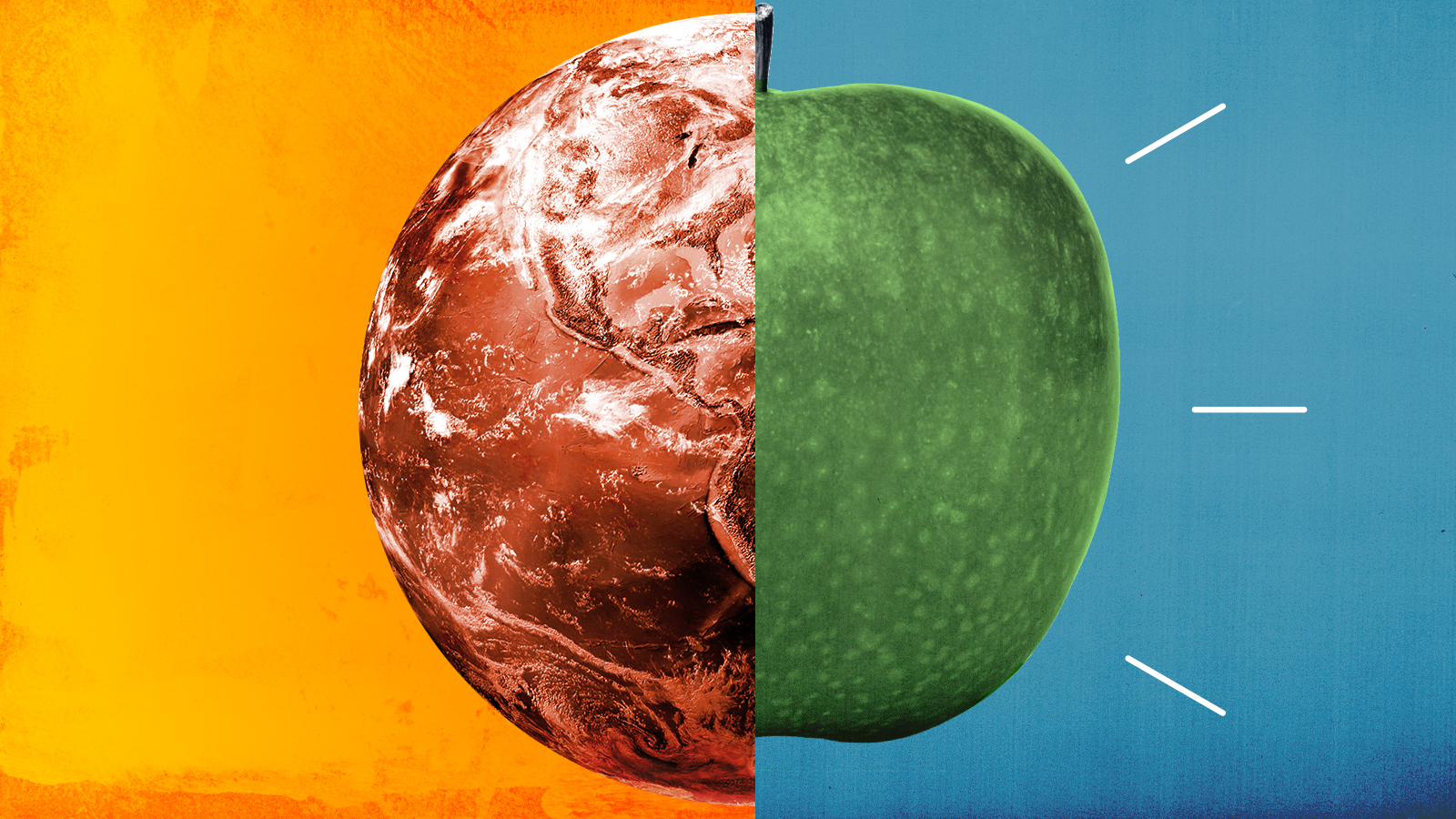 Consistent climate action wasn't on the menu at COP26
Consistent climate action wasn't on the menu at COP26Talking Point
